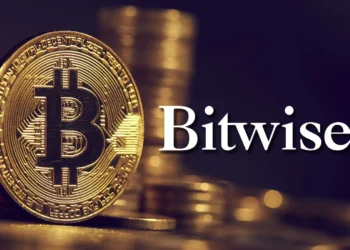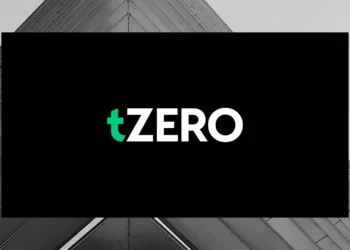Hyperliquid News Today: DeFi Perpetuals Reach $1.24 Trillion While Hyperliquid, Aster, and Solana Compete for Leadership in Trading
- DeFi perpetual contracts hit $1.241T in 30-day volume (Oct 2025), driven by Hyperliquid (60% DEX share), Aster, and Solana's Percolator. - Hyperliquid dominates with $319B July volume, 35% blockchain revenue, and aggressive HYPE token buybacks absorbing 5.64% circulating supply. - Solana counters with Percolator DEX to challenge Hyperliquid, while Aster maintains $145B monthly volume despite user poaching concerns. - Market resilience seen after $20B liquidation event; DeFi perps open interest hits $16.8
The decentralized finance (DeFi) landscape is undergoing major changes as perpetual trading volumes climb to unprecedented highs, with Hyperliquid,
Hyperliquid has solidified its position as a major force, generating 35% of blockchain revenue in July 2025 and holding a 60% share of the perpetual DEX market. Its trading volume for July hit $319 billion, far surpassing Aster’s $145 billion in the same timeframe, based on a

Solana has responded to Hyperliquid’s rise with the introduction of Percolator, a perpetual DEX built on a sharded protocol to boost trading performance on the
Market volatility has further fueled the appetite for perpetual contracts. In October 2025, open interest in DeFi perpetuals climbed to $16.84 billion, with Hyperliquid responsible for $7.5 billion of that total. Even after a $20 billion liquidation on October 11, trading volumes quickly recovered to new highs, showing the sector’s durability. While centralized exchanges like Binance still lead with $70.2 billion in 24-hour perpetual volume, decentralized platforms are rapidly narrowing the gap.
Experts predict that DeFi perpetuals could reach $1.3 trillion in volume by the end of the year, driven by ongoing speculation and technological progress. For investors, the competition among Hyperliquid, Aster, and Solana’s Percolator marks a crucial phase in the development of crypto derivatives. As VanEck’s Matthew Sigel points out, the migration to decentralized platforms signals a growing preference for transparency and efficiency, with HYPE and
Disclaimer: The content of this article solely reflects the author's opinion and does not represent the platform in any capacity. This article is not intended to serve as a reference for making investment decisions.
You may also like
Bitwise Launches First U.S. Solana Staking ETF, $BSOL, to Begin Trading Tomorrow

tZERO to Go Public, Strengthening Push for Blockchain-Based Financial Infrastructure

Grayscale Zcash Trust Records Strong Gains Amid Renewed Interest in Privacy Coins

402bridge Suffers Private Key Leak, Over 200 Users Lose USDC in Protocol Breach
